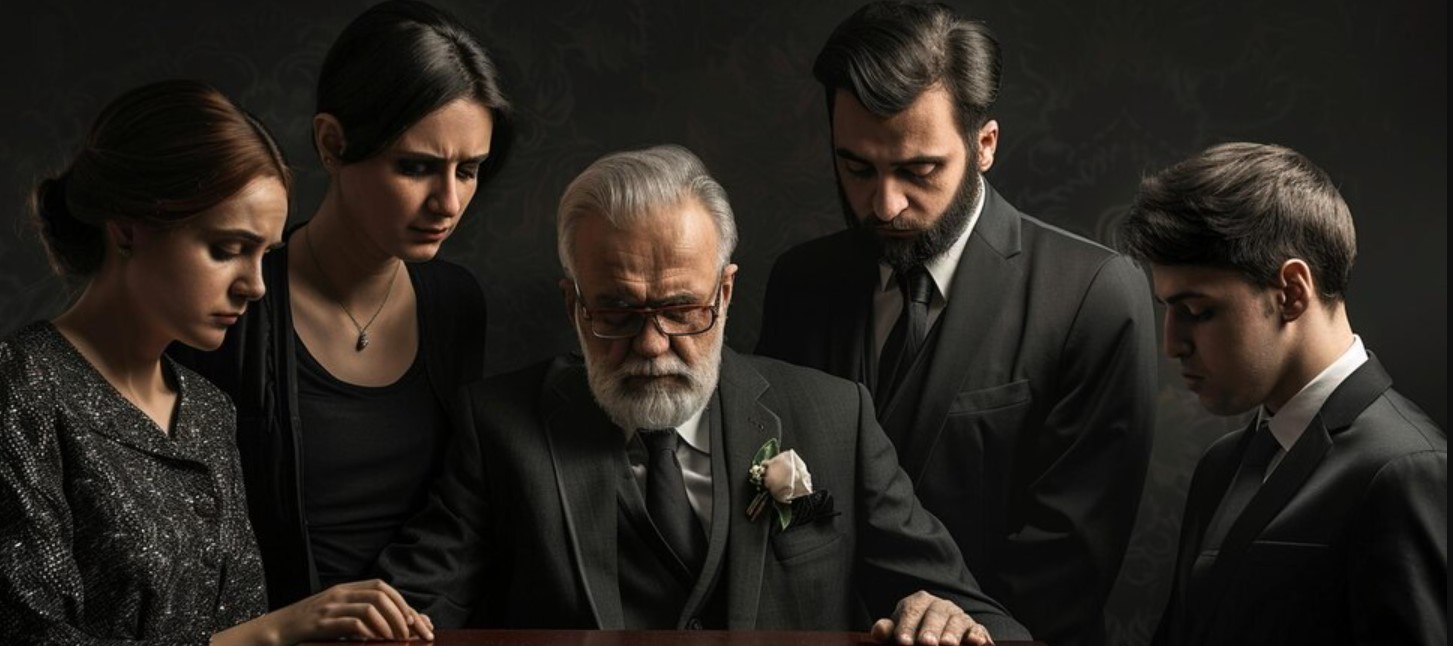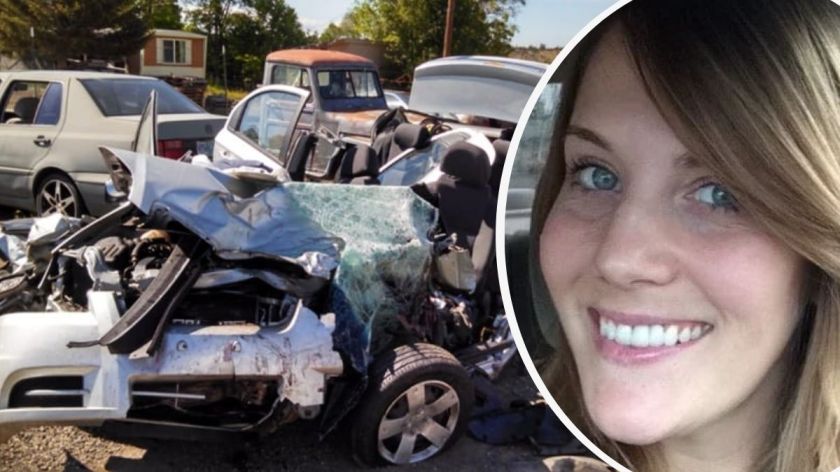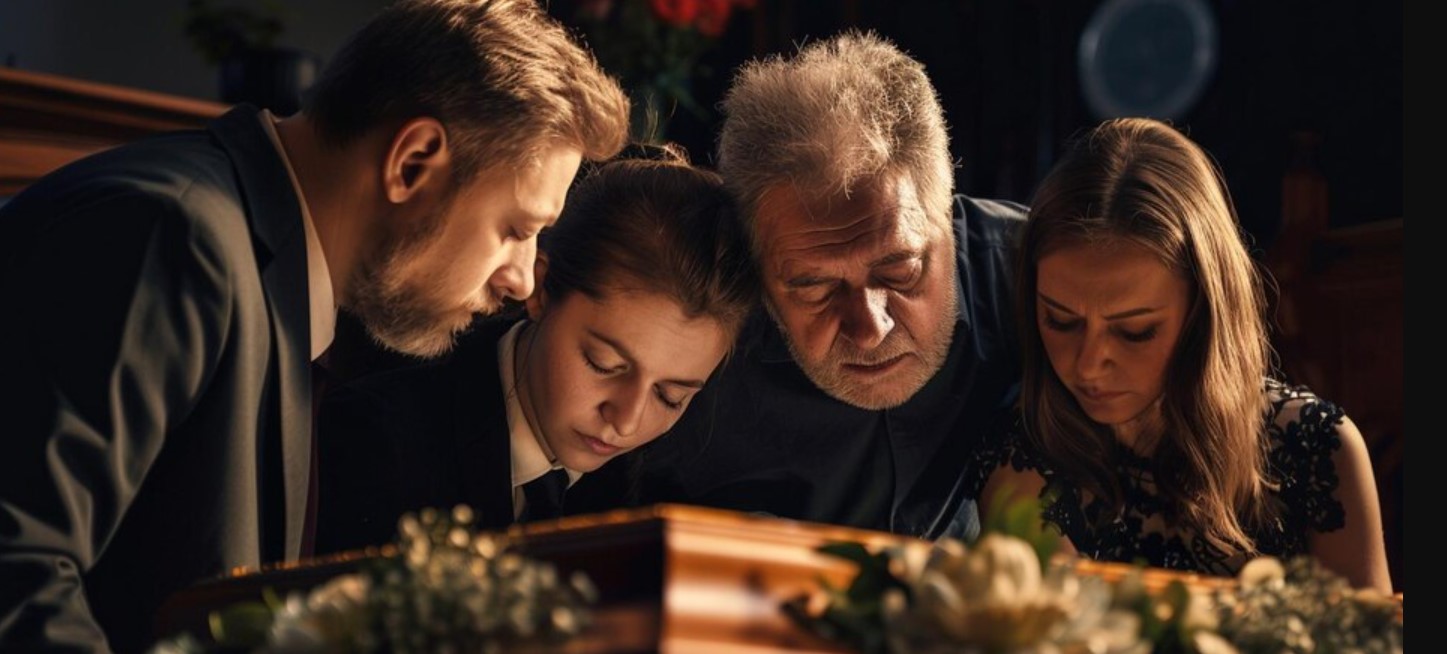Losing a loved one is one of life’s most difficult experiences. While the grief can be overwhelming, the funeral process can also offer an opportunity to celebrate a person’s life and create lasting memories.
Today, more families are choosing to personalize funerals, crafting unique tributes that reflect the individual’s personality, passions, and legacy. Personalizing a funeral not only helps honor the deceased but also provides a more meaningful experience for family and friends.
The Role of Funeral Directors in Personalizing a Service
Funeral directors play a crucial role in helping families plan and execute a personalized funeral. They are experienced professionals who understand the many details involved in a funeral, and they can provide invaluable guidance. Funeral directors work closely with the family to ensure the service reflects the wishes of the deceased and meets the needs of those left behind. Whether suggesting creative ideas or managing logistics, they are central to crafting a memorable and respectful tribute.
Personalizing a funeral is not limited to just picking a casket or choosing flowers. Funeral directors help bring personal elements into various aspects of the service, from the choice of music to more specific requests like unique venues or themed decor. Their goal is to make the process easier for families while ensuring the funeral honors the deceased’s life in a way that feels authentic and meaningful.
Personalized Elements to Consider for a Funeral
1. Customizing the Service Location
Traditionally, funerals are held in funeral homes or places of worship. However, if the deceased had a special place that was important to them, it might be possible to hold the service there. For example, a nature lover might prefer a service in a park or garden, while a passionate sailor could have a waterfront ceremony. Choosing a location that had significance to the person being honored can make the service feel more intimate and personal.
2. Selecting Meaningful Music
Music has the power to evoke deep emotions and memories, making it a crucial element in personalizing a funeral. Rather than opting for traditional hymns, consider incorporating songs that were meaningful to the deceased. This could be a favorite artist, a song that reminds family members of special times, or even live performances. Including music that resonates with the deceased’s life can create a comforting and nostalgic atmosphere.
3. Incorporating Personal Items
Displaying personal items that were important to the deceased is a simple yet effective way to honor their individuality. For example, if the person was an artist, you could showcase their artwork. If they were passionate about sports, you might display memorabilia from their favorite team. These personal touches not only remind attendees of the person’s passions but also provide opportunities for storytelling and reflection.
4. Creating a Memory Table or Board
A memory table or board is a dedicated space where friends and family can place photographs, notes, and mementos related to the deceased. It serves as a visual reminder of their life and the moments that shaped it. Some families even encourage attendees to bring personal photos or write messages to leave on the memory table. This participatory element adds to the uniqueness of the service, as everyone gets to contribute to the memory of the person being honored.
5. Personalized Eulogies and Readings
A eulogy is one of the most personal aspects of a funeral, offering the chance for family and friends to share memories, stories, and reflections about the deceased. Rather than a formal and scripted speech, encourage speakers to share personal anecdotes that capture the true essence of the person’s life. Some families also choose to include poems, quotes, or readings that were meaningful to the deceased or reflect their values and beliefs.
6. Themed Funerals
In some cases, families choose to organize a themed funeral that reflects the deceased’s passions, hobbies, or unique personality. A themed funeral could incorporate elements like specific color schemes, decorations, or even attire. For example, a vintage car enthusiast might have a procession featuring classic cars, or a nature lover’s service could include outdoor elements and natural decor. Themes offer a way to celebrate what made the person special and provide a creative, memorable experience for attendees.
7. Customized Caskets or Urns
For those looking to personalize the burial or cremation process, customized caskets or urns are an option. Many companies now offer personalization options such as adding images, colors, or designs that represent the individual’s life. This could include images of favorite places, symbols of their hobbies, or engravings of meaningful quotes or messages. A customized casket or urn adds a deeply personal touch to the farewell.
8. Video Tributes
In today’s digital age, many families choose to create video tributes that are shown during the funeral or memorial service. A video can include photos, home videos, or even interviews with loved ones. Set to meaningful music, these video tributes provide a visual representation of the person’s life and can be a powerful and emotional part of the service. Many funeral directors offer assistance with creating and presenting these tributes.
9. Incorporating Cultural or Religious Traditions
For some, cultural or religious traditions play a central role in the funeral service. Incorporating elements from the deceased’s cultural or religious background can add depth and meaning to the ceremony. This might include specific rituals, prayers, or customs that honor the person’s heritage and beliefs. Funeral directors are often familiar with a variety of traditions and can help families incorporate these practices into the service in a respectful and seamless way.
10. Memorial Keepsakes
Offering memorial keepsakes to attendees is another way to personalize a funeral. These keepsakes can be small tokens that reflect the deceased’s life, such as personalized candles, bookmarks with a meaningful quote or photo, or plantable seed cards for guests to take home and grow in memory of the person. These keepsakes offer attendees a tangible way to remember their loved one and carry their memory with them.
Creating a Lasting Tribute
Personalizing a funeral is about more than just paying respects; it’s about celebrating a unique life in a way that reflects who the person was. From choosing a meaningful location to incorporating personal items, music, and themed decor, there are countless ways to craft a funeral that feels authentic and special.
Funeral directors are essential partners in this process, offering the expertise and guidance needed to turn personal ideas into reality. Their role goes beyond logistics—they help families navigate difficult decisions while ensuring the service honors the life and legacy of the person who has passed.





